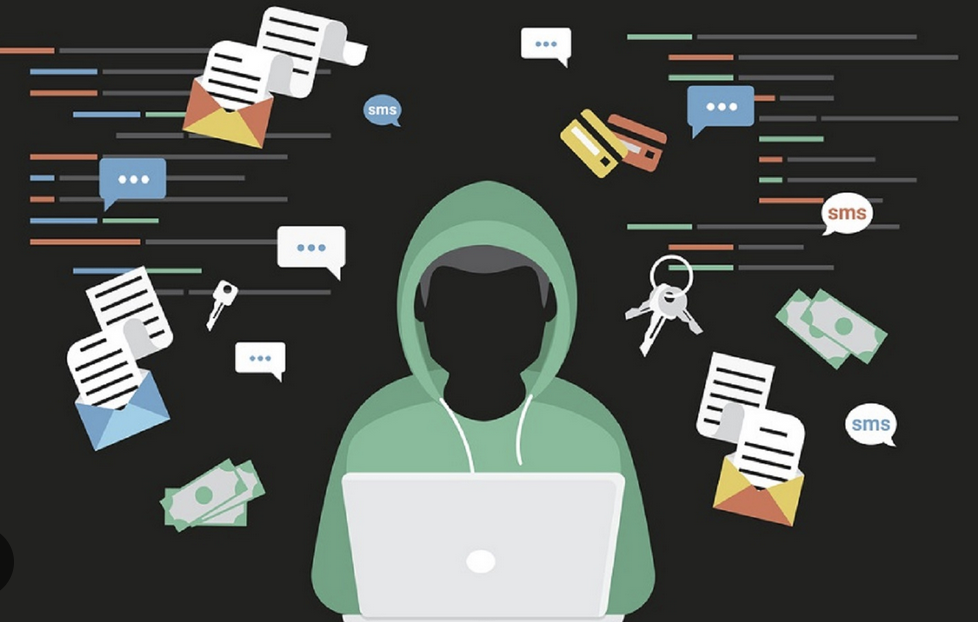Steps Customers Can Take to Safeguard Personal Information
Recent Incident at Smoke Alarm Solutions Underscores Importance of Data Security Vigilance
The recent data breach at Smoke Alarm Solutions, a leading offline service provider specializing in smoke alarm installation and maintenance, has brought attention to the vulnerabilities faced by businesses that store digital records offline. This breach serves as a stark reminder that offline service providers are not immune to cyber threats, and customer data stored in digital format can be at risk of unauthorized access.
The breach, which exposed over 700,000 documents totaling 107 gigabytes of data, including sensitive customer information such as invoices, inspection records, and compliance reports, highlights the need for businesses to prioritize data security measures. Despite the physical nature of their services, offline service providers must implement robust cybersecurity protocols to protect digital records from exploitation by cybercriminals.
In light of this incident, customers are encouraged to take proactive steps to safeguard their personal information and avoid falling victim to scams:
- Stay Informed: Keep abreast of news regarding data breaches and security incidents affecting businesses you engage with. Being informed allows you to take timely action to protect your data and avoid potential scams.
- Use Strong, Unique Passwords: Ensure that you use strong, unique passwords for each of your online accounts, including those associated with offline service providers. Avoid using easily guessable passwords or reusing the same password across multiple accounts.
- Enable Multi-Factor Authentication (MFA): Whenever possible, enable multi-factor authentication for an added layer of security. MFA requires an additional form of verification, such as a code sent to your mobile device, in addition to your password, making it harder for unauthorized individuals to access your accounts.
- Monitor Financial Statements: Regularly review your bank statements, credit card statements, and other financial accounts for any unauthorized transactions or suspicious activity. Promptly report any discrepancies to your financial institution.
- Exercise Caution with Personal Information: Be cautious when sharing personal information, both online and offline. Avoid providing sensitive information, such as your Social Security number or financial details, unless necessary and to trusted sources.
- Be Skeptical of Unsolicited Communications: Be wary of unsolicited emails, phone calls, or messages requesting personal information or payment. Scammers often use phishing tactics to trick individuals into divulging sensitive information or making fraudulent payments.
By remaining vigilant and taking proactive measures to protect their personal information, customers can reduce the risk of falling victim to scams and mitigate the potential impact of data breaches. Additionally, businesses must prioritize data security and implement robust cybersecurity measures to safeguard customer data and maintain trust in their services.



